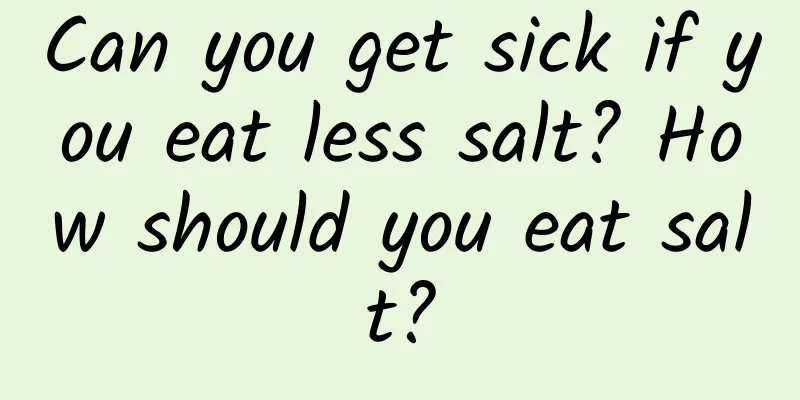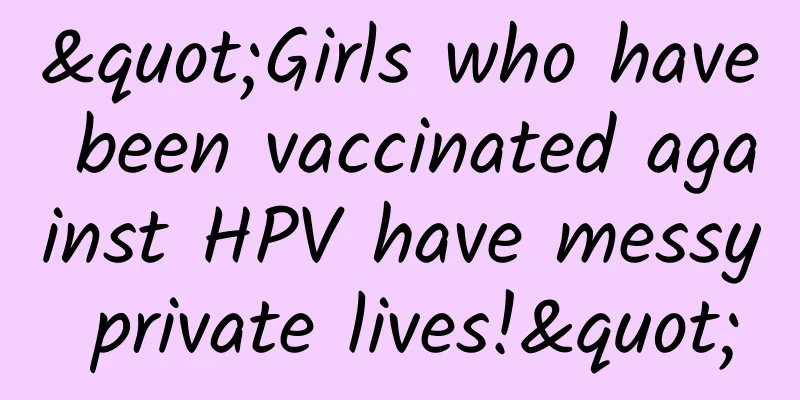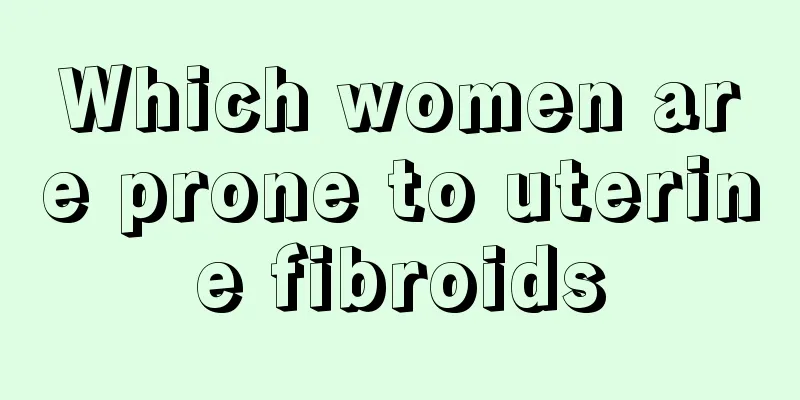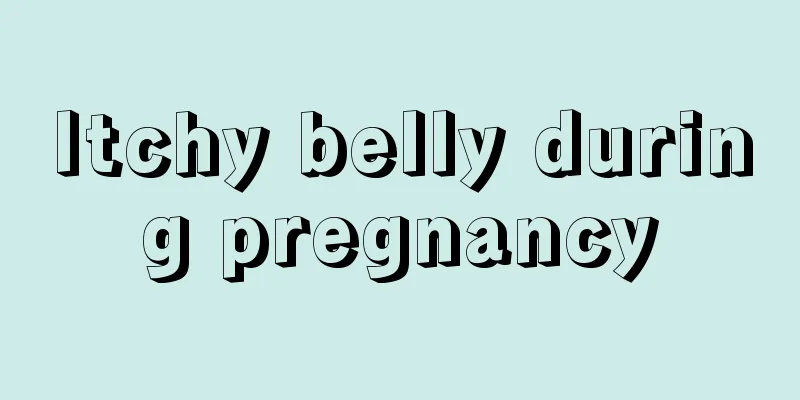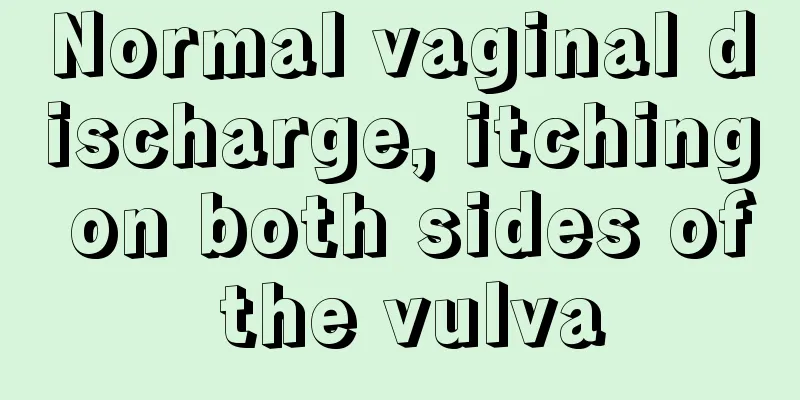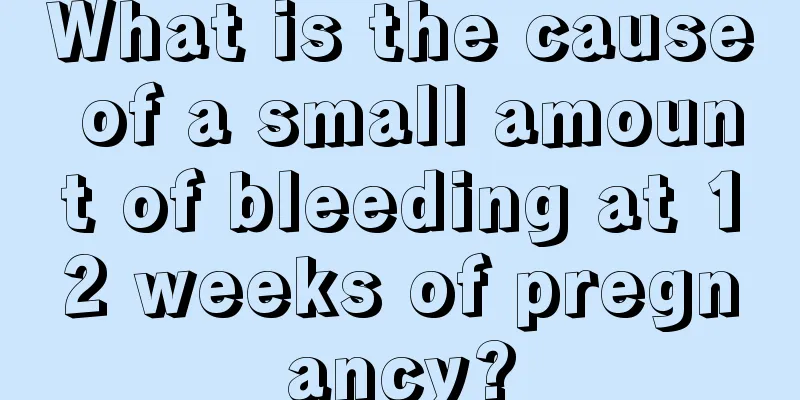What happens if there are follicles but no ovulation?
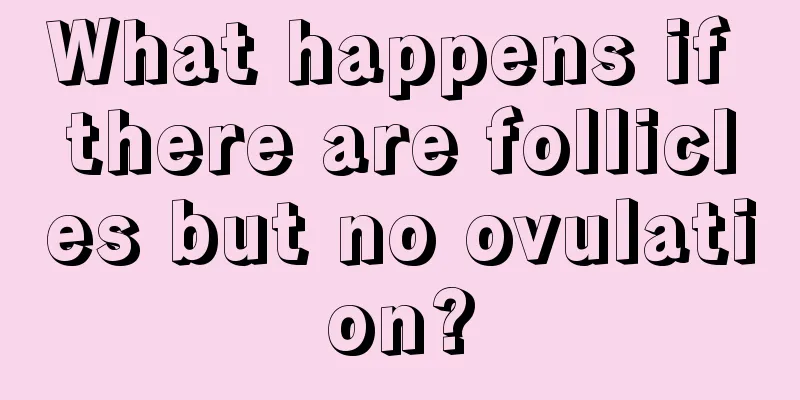
|
Whether or not a woman can ovulate is the key to whether she can realize her dream of becoming a mother. Although normal ovulation does not necessarily allow a woman to become pregnant successfully, if she cannot ovulate, she will definitely not be able to become pregnant. Therefore, women who want to conceive should pay attention to examination. Some women find that they have follicles during the examination, but they do not ovulate. What is going on? The follicle is composed of an oocyte and many small follicular cells around it in the ovarian cortex. The most common abnormalities clinically are follicular dysplasia and absence of follicular development. Ultrasound imaging provides an effective method for detecting follicular development and ovulation, and can diagnose abnormal follicular development and various ovulation disorders more clearly. Whether the growth rate and extent of the follicles are normal or not determines whether they can discharge mature eggs. Only when the follicles are fully developed and function well can they release mature and healthy eggs. If the follicles do not develop well, ovulation will not occur normally or the quality of the eggs released will be poor. The absence of ovulation in follicles is mostly related to endocrine disorders, poor ovarian function, etc., and is a common infertility syndrome. Generally, the follicles in a woman's ovaries develop slowly. After countless screenings, one of the follicles develops into a mature follicle. After that, this mature follicle undergoes the process of ovulation and corpus luteum formation. There are many reasons for anovulation of the ovaries, such as anovulation of the hypothalamus, pituitary gland, and ovaries, abnormal anovulation of the central nervous system, polycystic ovary syndrome, luteinized unruptured follicle syndrome, other endocrine systems, and some systemic diseases (such as severe malnutrition), all of which can affect normal ovarian ovulation and lead to infertility. Finding out the cause and treating it accordingly is the key. Although there are follicles, poor follicle development can also lead to inability to ovulate. If you want the follicles to develop normally, you must first go to the hospital for active examination and treatment. At the same time, you can also eat more ovulation-promoting foods such as cereals, black beans, yam, wolfberry, etc., which can promote normal ovulation of the ovaries and allow you to conceive faster. |
<<: What are the early pregnancy symptoms 10 days after ovulation?
>>: Is it still possible to get pregnant if the follicles are small?
Recommend
What to do if the white strap turns yellow
Since the invention of watches, watches have not ...
The temperature has dropped sharply, and long johns are ready to appear! Are you really wearing them correctly? Here is a guide!
In recent days, the temperature has dropped acros...
What does polycystic uterus mean?
Polycystic ovary (PCO) is a very common disease a...
The nine-month-old fetus kicks violently
When a pregnant woman is nine months pregnant, th...
Possible reasons why pregnant women have pale lips
Usually some organs of the human body can reflect...
What do normal nipples look like?
A normal nipple is a small cylindrical fleshy spo...
How to quickly stop itching below
Itching down there is also a common gynecological...
How long does it take to go out after the scientific confinement period?
During the confinement period, you should pay att...
Is it poisonous to place pennywort in the room? Where is pennywort usually placed in the house?
The copper coin grass is very common in life. Bec...
Can girls lose weight by doing push-ups?
Push-ups are a popular fitness exercise nowadays....
What to do if you have cervicitis
As more and more women pay more attention to gyne...
What are the treatments for vulvar leukoplakia?
Women’s private parts, which are their second tre...
National Safe Medication Use Month | These three misunderstandings about allergies, see how many you have!
In daily life, we may encounter various allergic ...
The possible effects of bleeding clots during pregnancy
Becoming a mother is every girl's most beauti...
Female groin pain
The groin is the part where the lower abdomen of ...
